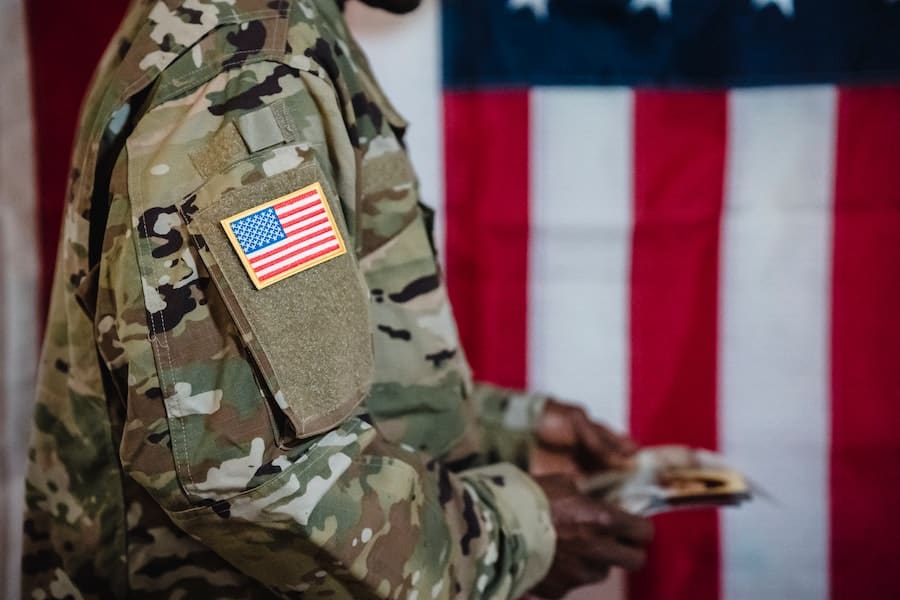

Later, these documents would allow the court to hold a voluntary proceeding.ĭoing this would be simpler, easier, and cheaper than if an involuntary guardianship or conservatorship were required. These documents would allow them to choose who they would want to make financial or healthcare decisions for them. If the person still refuses to sign a power of attorney, you could suggest that they consider signing standby conservatorship and/or guardianship papers instead. Emphasize the importance of having a financial or health care power of attorney and the negative consequences of not having any powers of attorney in place. One option is to have an open, honest discussion with the person. Option 1: Suggest standby conservatorship and/or guardianship instead This can create a very difficult situation for everyone involved. Or, they could choose to make no estate planning decisions at all.” “They could sign financial and health care powers of attorney to designate a trusted person to make these decisions for them. “At this point,” says Anderson, “the person is still entitled to make decisions on their own regarding finances and health care.

In this scenario, the person with dementia is still able to make sound decisions, but hasn’t done any estate planning or has refused to set up any powers of attorney or co-owned financial accounts. Scenario 2: The person is mentally competent, but fails or refuses to sign a power of attorney “If the person is married and, as a couple, they made earlier decisions to hold their assets as co-owners, then the mentally competent spouse can still access the family checking accounts, savings accounts, or other assets without the necessity of going to court for a conservatorship.” Option: Use married status to keep access to co-owned assetsĪnderson points out one solution that could prevent these problems. Unfortunately, legal proceedings for these types of conservatorships and guardianships are usually time-consuming and expensive due to legal fees, agents’ fees, and court costs. A guardianship is when a person (the guardian) is appointed by a court to have control over the care, comfort, and maintenance of another person. “In this case,” Anderson advises, “there is very little that can be done for the person except applying to the court for a formal conservatorship or guardianship.”Ī conservatorship is when the court appoints a person (the conservator) to have control over a person’s (or ward’s) finances. Often, by the time a caregiver realizes that their older adult has diminished mental capacity, they’re no longer able to sign the necessary legal documents.Īnderson says, “If a person gets to the point where they don’t know who their family members are, what assets they own, and who they would want to make decisions for them regarding their assets and health care matters, then they aren’t mentally competent to sign a legal document such as a health care power of attorney or financial power of attorney. Scenario 1: It’s too late for the person to sign a power of attorney Ron Anderson, an ARAG® network attorney, says “There are common scenarios that we see in our practice regarding the impact of dementia on making important decisions and estate planning.”įind out about three common scenarios involving someone with dementia and their power of attorney, some of the options available in these situations, and what steps to take to avoid costly problems. Their inability or refusal to sign essential legal documents may leave family with limited options that may not be in the person’s best interests. That’s the legal document that allows someone else to make critical medical and financial decisions on their behalf when they’re not able to.ĭementia and power of attorney issues can cause unwanted complications in a person’s care.

If you’re caring for someone with dementia, you may face a legal catch-22 you hadn’t anticipated: they can’t – or won’t – sign a power of attorney. The number of Americans with different forms of dementia, such as Alzheimer’s disease, continues to grow at an alarming rate, according to the Alzheimer’s Association.


 0 kommentar(er)
0 kommentar(er)
